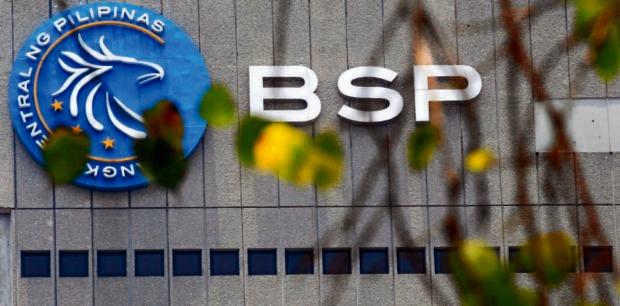The government’s chief economist on Tuesday said placing the entire country under less stringent modified general community quarantine (MGCQ) starting next month would allow faster economic recovery for countries like the Philippines that had been through the strictest COVID-19 lockdowns.
On Monday night, Acting Socioeconomic Planning Secretary Karl Kendrick Chua urged President Duterte to further ease quarantine restrictions nationwide to revive industries still barred from resuming operations as well as address rising hunger among Filipinos by allowing them to find work.
Echoing the sentiment of 73 percent of respondents surveyed by Pulse Asia in November last year, Chua urged balancing careful reopening of the economy with maintaining minimum health standards amid a prolonged pandemic.
On Tuesday, Chua said he was hopeful of sustaining the quarter-on-quarter growth in gross domestic product (GDP) posted since the third quarter of 2020 following the worst year-on-year GDP drop of 16.9 percent in the second quarter when 75 percent of the economy stopped under enhanced community quarantine (ECQ) from mid-March to May.
GDP grew 5.6 percent in the fourth quarter of last year compared to third-quarter output, although slower than the 8-percent quarter-on-quarter growth during the July-to-September 2020 period.
“The opening really happened more in November last year and we also lowered the age group [allowed outside their homes] in the MGCQ area,” said Chua, who heads the state planning agency National Economic and Development Authority (Neda).As such, Chua said placing the entire Philippines under MGCQ in March would allow an even faster quarter-on-quarter recovery.
Chua earlier conceded that GDP would still shrink year-on-year in the first quarter of 2021 due to a slow start as restrictions stayed the same since late last year.
The government targets GDP growth of 6.5-7.5 percent in 2021 following a 9.5-percent drop in 2020—the Philippines’ worst postwar recession.
Chua also agreed with an Oxford Economics report, which said countries that had been through the strictest lockdowns stand to benefit more from reopening their economies than those that did not impose drastic containment measures.
“The tighter lockdown restrictions are today, the greater the scope for a major relaxation of restrictions,” Oxford Economics director of global macro research Ben May noted in a Feb. 15 report tiled “Coronavirus Watch: The winners from ending lockdowns.”
The UK-based Oxford Economics said progress in vaccination, prevalence of the disease, presence of more transmissible COVID-19 variants as well as health system capacity still remained major considerations in determining the speed of relaxing quarantine restrictions.
“Economies with younger populations may require less comprehensive vaccination programs to substantially reduce pressure on health-care systems and a higher number of beds will reduce the risk that health-care systems become overburdened,” Oxford Economics said.
“The pace at which restrictions are eased will also depend on whether policymakers prioritize zero coronavirus cases or restoring normality as quickly as possible,” it noted. INQ


